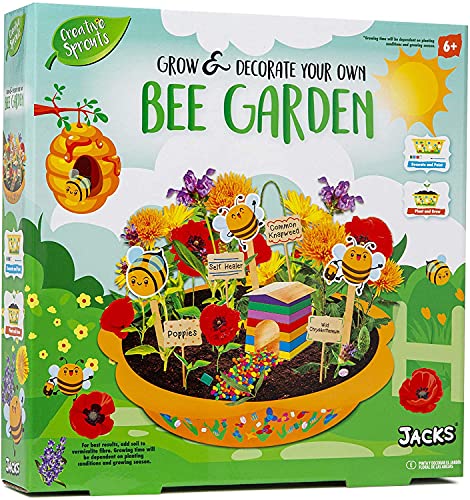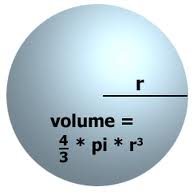Fusion Power is very good in bee math. Super fun.
I'll take that as a compliment finman, even if it was meant tongue in cheek. Your abacus is rather dated.
Neglect kills bees. If they are neglected, they will tend to die or become dinks at a rate similar to feral colonies.
Going queenless kills bees. I've lost 1 colony this year because they went queenless.
Queen becoming a drone layer kills bees. I had one this year and as soon as I found her, I killed her and replaced her with a healthy young queen. I have 2 more queens that may be candidates for this treatment but waiting a few more weeks to be sure.
Starvation kills bees. Bees can starve to death even when an abundance of honey is nearby. This is usually because they are tethered to a small patch of brood and won't leave it to move to honey just a few inches away. I lost one colony to starvation this year, mostly associated with severe autumn drought, but also because the beekeeper did not feed enough to keep them alive.
Disease kills bees. Whether it is AFB or nosema or whatever virus du jour, disease kills them.
Lack of water kills bees. This one usually surprises beekeepers with years of experience. In winter, bees can be water deficient and, because of cold, cannot forage.
Pests kill bees. Varroa arguably is the number one cause of death, but there are plenty of other pests up to and including skunks and woodpeckers.
Did you notice two things missing? Neither cold nor damp kills bees. Both can be triggers to other problems such as damp conditions encouraging nosema and chalk. Cold can be implicated in starvation because the bees can't move to stores as above.
Bees that are cold and dry thrive. Bees that are warm and dry with a water source thrive.
I'm waiting for DerekM to figure out a way to ensure water supply in the wintering hive. When he beats that issue, I think he might be onto something. With a warmer hive interior, the bees can move around and get to stores more easily. This should prevent brood tethered bees from starving and should enable brood rearing earlier in the spring. What I find offputting is the constant refrain that a living system has to be reduced to mathematical formulas. Find a way to measure stress on the bees, then take appropriate preventive steps. Ask the question, with warmer hives, where does the stress move to? finman uses aquarium heaters to boost his bees in early spring. Why is this so effective?





















































